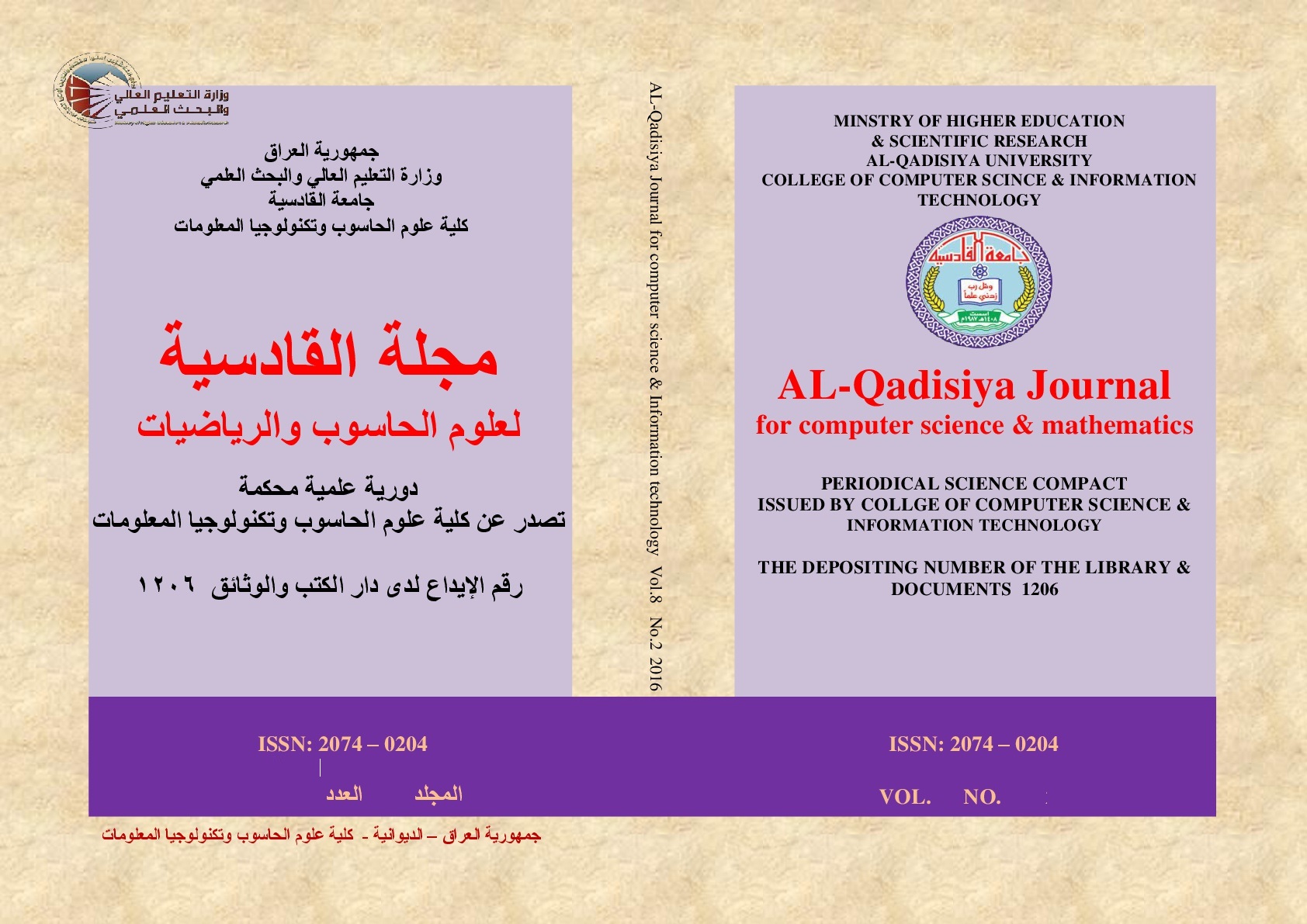Abstract
Cloud computing has supplanted conventional computing environments. The demand for better-optimized workload allocation and resource efficiency is increasing as ACSIM, a distributed framework-based service, continues to grow. This paper suggests the ACSIM framework technique to manage an adaptive algorithm based on the Apply MAPE-K algorithm with the execution of the MAPE-K loop. The evaluation phase is applied as real work instead of storing previous data; most importantly, the actual results of our framework can be evaluated. This method produces the best infrastructure, application, and platform results, respectively. We investigated the suggested approach using the cloud, and the results demonstrate gains in throughput maximization and reaction time reduction. The optimization of resource utilization and job responsiveness can pose a challenge in ACSIM, given the task of managing resources and scheduling jobs. The Throttled Load Balancing Algorithm is a viable method for effectively handling and processing multimedia data in cloud-based settings, thereby enhancing the performance and responsiveness of mobile applications. Therefore, handling distributed time allocation for each device within the Mobile Cloud is crucial. The response time of Node is being reduced due to the distribution of load across multiple servers, which is the objective of the Load Balancing Algorithm. The findings demonstrate the analytical efficacy of time division by utilizing various virtual machines. the management time was filtered so that it became from Start (MS) (821.2013), Processing Time (MS) (821.201), and 0.000803 Response Time (MS). In the case of balancing, we observe the start (MS) (507.9036), the processing time (MS) (507.92045), and the response time (MS) (0.00113). Consequently, the utilization of the Load Balance Algorithm confers a tangible benefit. In the context of Mobile Cloud environments, load-balancing algorithms MSC.
